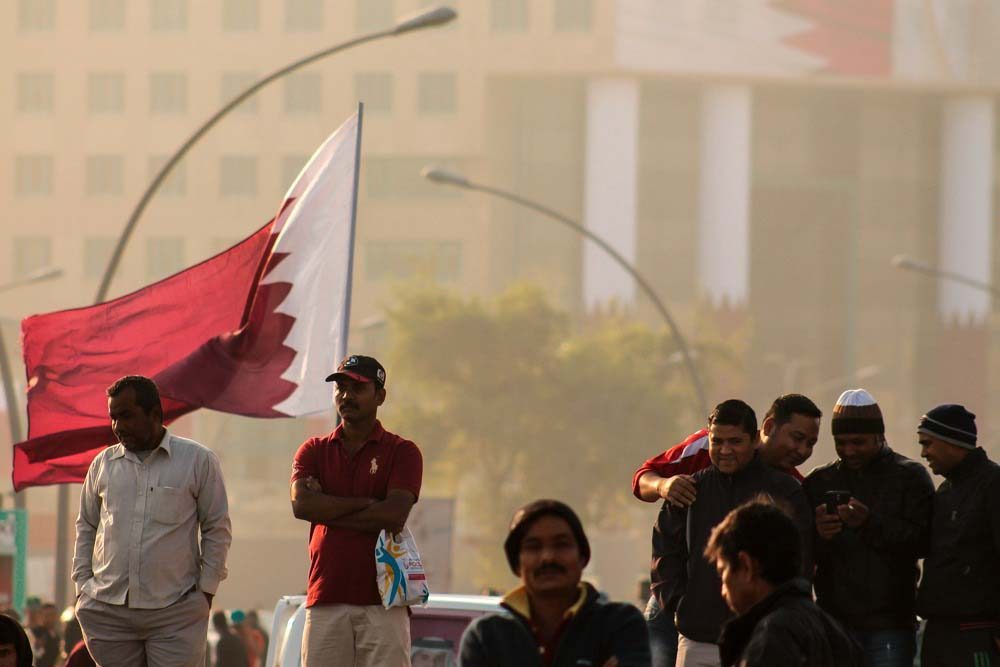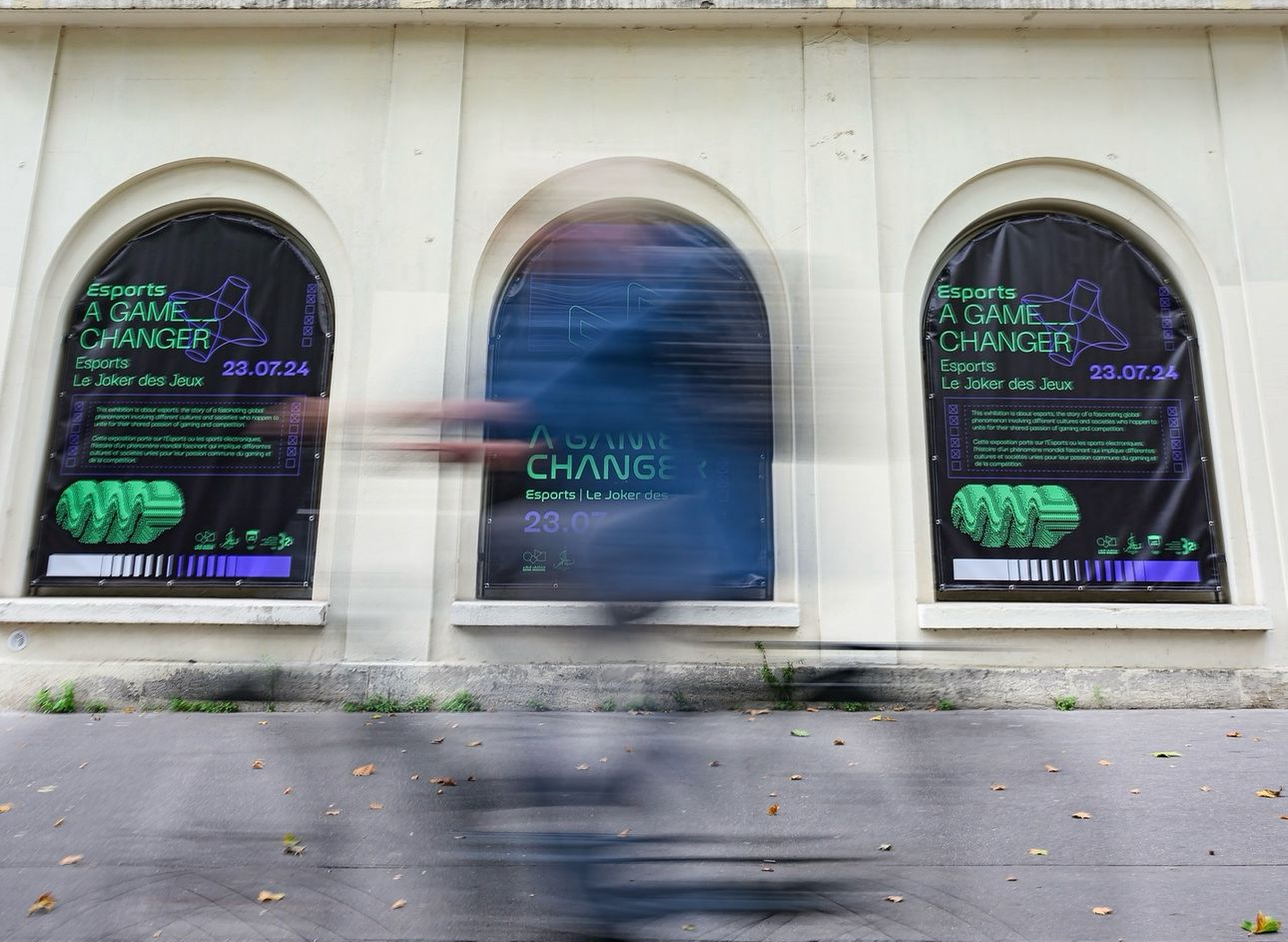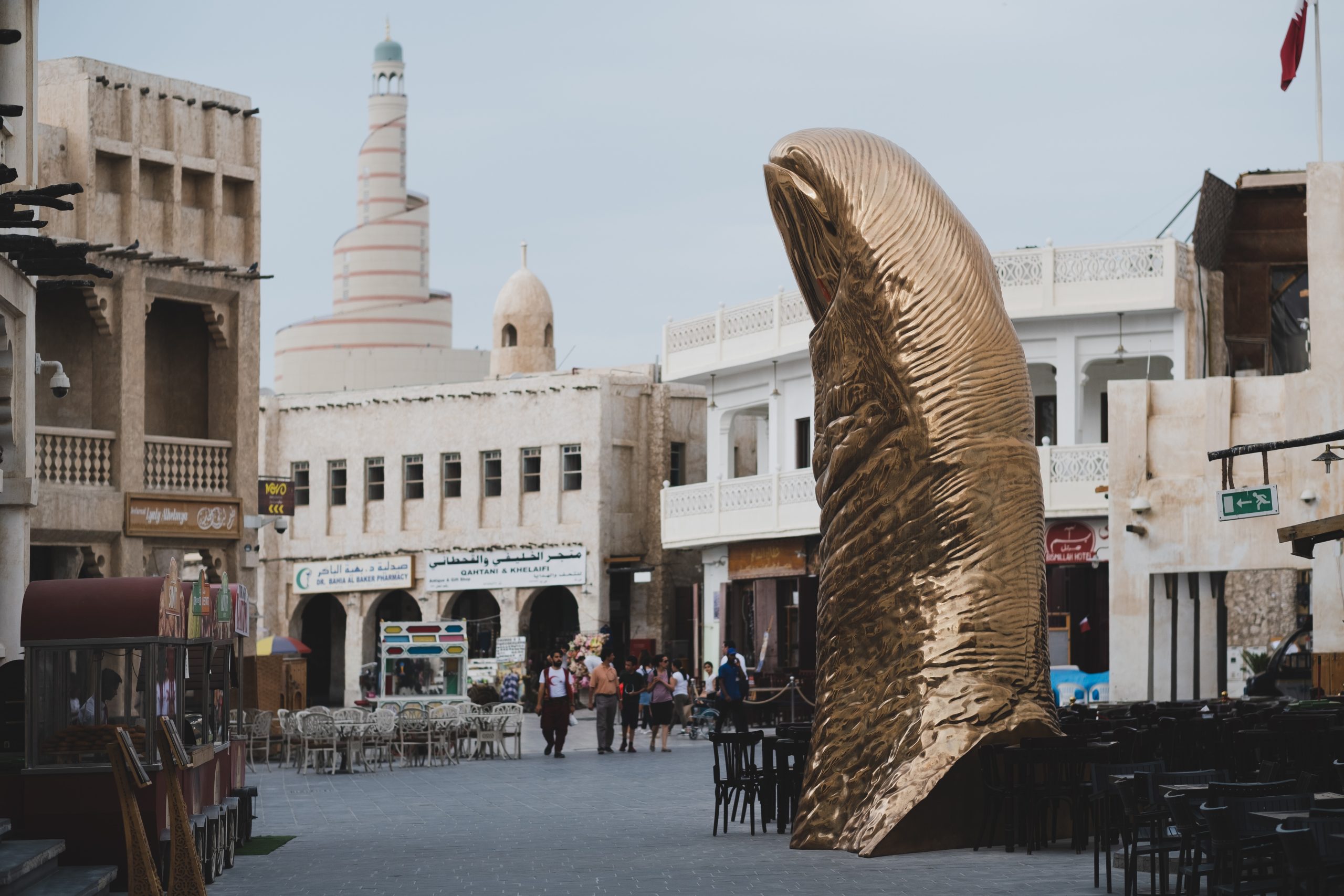
On the heels of an editorial cautioning Gulf governments about “cities of men,” an associate professor of psychology at Zayed University in the UAE highlights some of the unique mental health risks facing Qatar’s large blue-collar workforce. In this editorial, Dr. Justin Thomas also offers some ideas on how they can be addressed.
When it comes to mental health, Qatar is a step ahead of its Gulf peers in that it has developed a specific strategy to tackle the issue in the coming years.
But will this ambitious plan, now halfway into its implementation, be applied to the country’s hundreds of thousands of blue-collar expats, especially those industrious individuals living in labor camps who toil away for long hours at construction sites?
Previous research suggests that mental health problems are relatively common among the residents of such labor camps.
One study, published in the Journal of Immigrant and Minority Health in 2011, reported that a quarter of participants – labor camp residents – had clinically significant levels of depressive symptoms.
More worrying still, 2.5 percent them reported having actually attempted suicide.
Unique stresses
Indeed, Qatar’s own strategy identified several risk factors for poor mental health that human rights advocates have identified within Qatar’s laborer workforce, including poverty, discrimination, low social status, dangerous work, low perceived power, isolation and outright abuse.
And researchers at Amnesty International have noted that migrant workers often face unique stresses, such as knowing family members back home are depending on them for financial support.

The organization’s staff has documented numerous cases of migrants in despair over labor-related issues, such as unpaid wages and an inability to leave Qatar and return home.
While there have been many calls to improve the living and working conditions of the country’s blue-collar expatriates through reforms of labor and sponsorship laws, it’s equally important to consider the psychological environments of their homes and workplaces.
Hard hats and boots protect heads and feet, but what protection do we offer hearts and minds? One could take a sprained wrist to the camp physician, but where is the professional with whom to discuss persistent sadness and irritability?
Providing culturally appropriate counseling and free access to mental health services for blue-collar expatriates would be humanitarian and progressive.
Fighting stigma
However, the provision of such services also needs to be accompanied by an ongoing commitment to de-stigmatize mental health issues, and protect people from discrimination related to their experiencing such problems.
One way to circumvent stigma and discrimination is to take a blanket approach to promoting mental health.
For example, it’s fairly common in the white-collar world to see corporate wellness programs. Such programs tend to speak of “emotional excellence” and “stress management,” rather than using stigmatized terms such as “mental illness.”

How about emotional wellness and stress-management programs being routinely extended to “workers?” After all, it’s not only executives who experience stress. Such programs would be in addition to providing confidential and culturally appropriate counseling services.
Another consideration would be the provision of leisure time. It’s all very well providing some time off, but with a lack of meaningful leisure activities for those on low-incomes and without access to cars or reliable public transport, time off can become torture.
Leisure facilities and activities scheduled around the needs of the blue-collar expats would also help prevent the blue-collar blues.
Mental health officials in Qatar have said that they are committed to better understanding the unique stresses affecting different population groups, including migrant workers.
They’ve also said that services need to not only be provided in an institutional setting, but also delivered in the community.
Both are positive messages, and as Qatar works to hire more psychiatrists and reduce the stigma surrounding mental health issue, we can only hope that its most vulnerable population is not left behind.
Thoughts?







